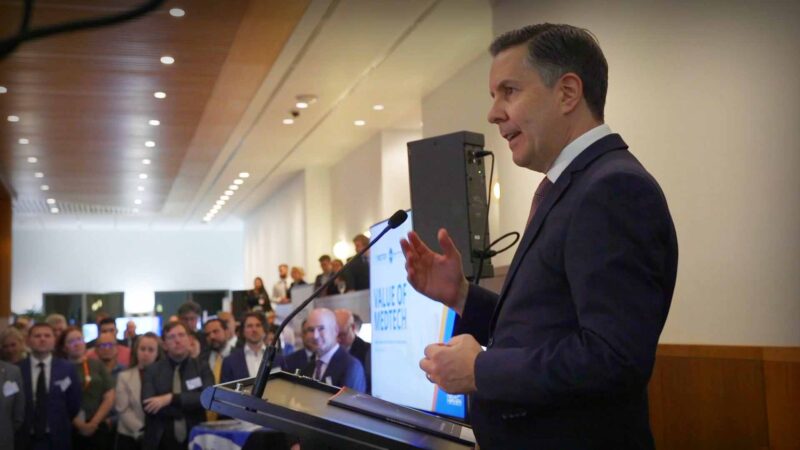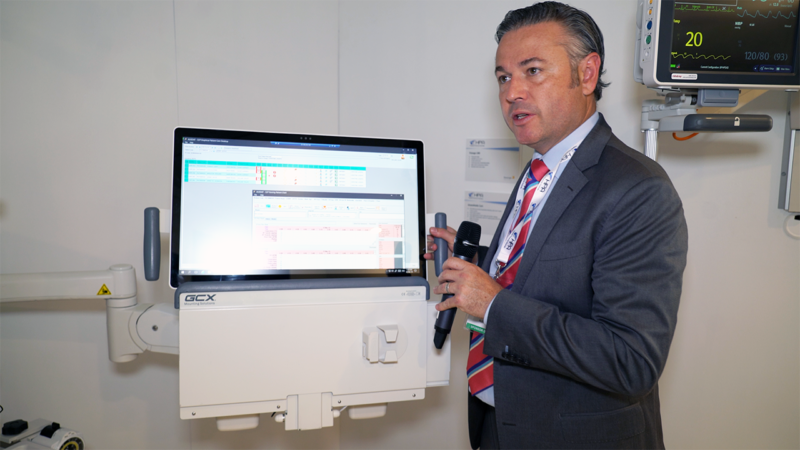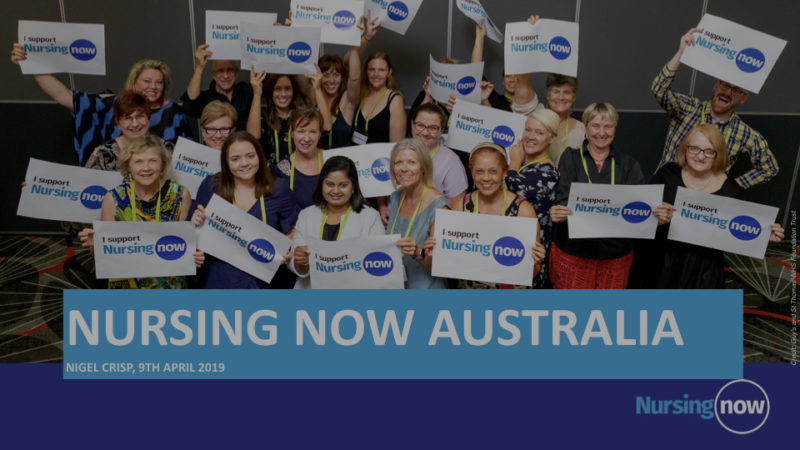DEVELOPING STRATEGY FOR BETTER HEALTH OUTCOMES FROM A PRODUCTIVE AND EFFICIENT RESEARCH ECOSYSTEM National Health and Medical Research Council (NHMRC) CEO Outlines Priorities
With
Professor Steve Wesselingh,
Chief Executive Officer,
National Health and Medical Research Council (NHMRC)
AUSTRALIAN HEALTH JOURNAL SEGMENT
Filmed in Canberra | June 2025
Professor Steve Wesselingh serves as the CEO of NHMRC, having initially trained as an infectious diseases doctor. His career includes prominent roles such as Head of the Infectious Diseases Unit at the Alfred Hospital, Director of the Burnett, Dean of Medicine at Monash University, and the inaugural Director of SAHMRI. Under his leadership, NHMRC plays a critical role in funding health and medical research, allocating approximately a billion dollars annually to investigator-led projects, clinical trials, and various strategic initiatives. NHMRC also collaborates internationally with organisations such as the MRC and the EU, and manages grant allocation for the MRFF, which distributes $650 million each year.
An important aspect of NHMRC’s mission is to ensure the integrity of research conducted in Australia, which is essential for maintaining public trust. The organisation oversees the accreditation of human research ethics committees nationwide and is involved in developing and endorsing clinical guidelines. Professor Wesselingh emphasises the urgency of promoting the benefits of health and medical research in the face of recent skepticism toward science and institutions.
Prof Wesselingh advocates for the integration of research into clinical care, arguing that such an approach enhances patient outcomes and promotes equity in access to innovative treatments across urban and rural areas. Each year, NHMRC hosts an awards event to recognise the achievements of Australia’s top researchers, underscoring the organisation’s commitment to advancing high-quality science and its impact on healthcare.
Currently NHMRC is developing a National Health and Medical Research Strategy that aims provide national direction, build on Australia’s strengths in the health and medical research sector, fill gaps, and continue to attract researchers and investors to Australia. Professor talks about Australia needing a national health and research strategy, echoed by groups such as Association of Australian Medical Research Institutes (AAMRI) in recent years. The formation of the strategy is underway under Ms Rosemary Huxtable AO PSM, as Chair of the National Strategy with the draft scheduled to be released by early July 2025.
Source: Written by AUDIENCED
You Might also like
-
Value of MedTech Report brings Industry and Government together
In June 2023 the Medical Technology Association of Australia (MTAA) launched The Value of MedTech Report – a major study quantifying the difference the MedTech industry makes to the lives of Australian patients, the healthcare system and the Australian economy.
Australian Health Journal spoke with MTAA CEO, Ian Burgess and MTAA Policy Manager, Pravin Siriwardena about the report and its key findings.
-
AHW Exhibitor: HPA Managing Director Shawn Wigham
Hospital Products Australia (HPA) exhibited at last week’s Australian Healthcare Week. Anne Dao spoke with Managing Director Shawn Wigham on the advanced equipment HPA supply, that combines technology and furnishings within the clinical setting.
Post Views:
3,789 -
Nursing Now Australia Launches
The evening of Tuesday 9th April saw the launch of Nursing Now Australia in Sydney, with Lord Nigel Crisp, Co-Chair of Nursing Now.
Professor Christine Duffield FACN, President of Australian College of Nursing welcomed the start of the campaign and explained the relevance to Australian Nurses.



